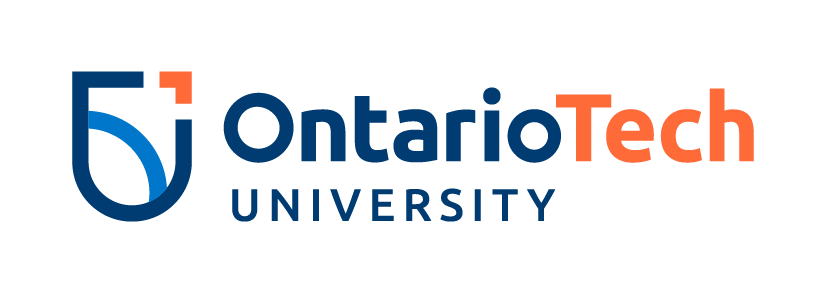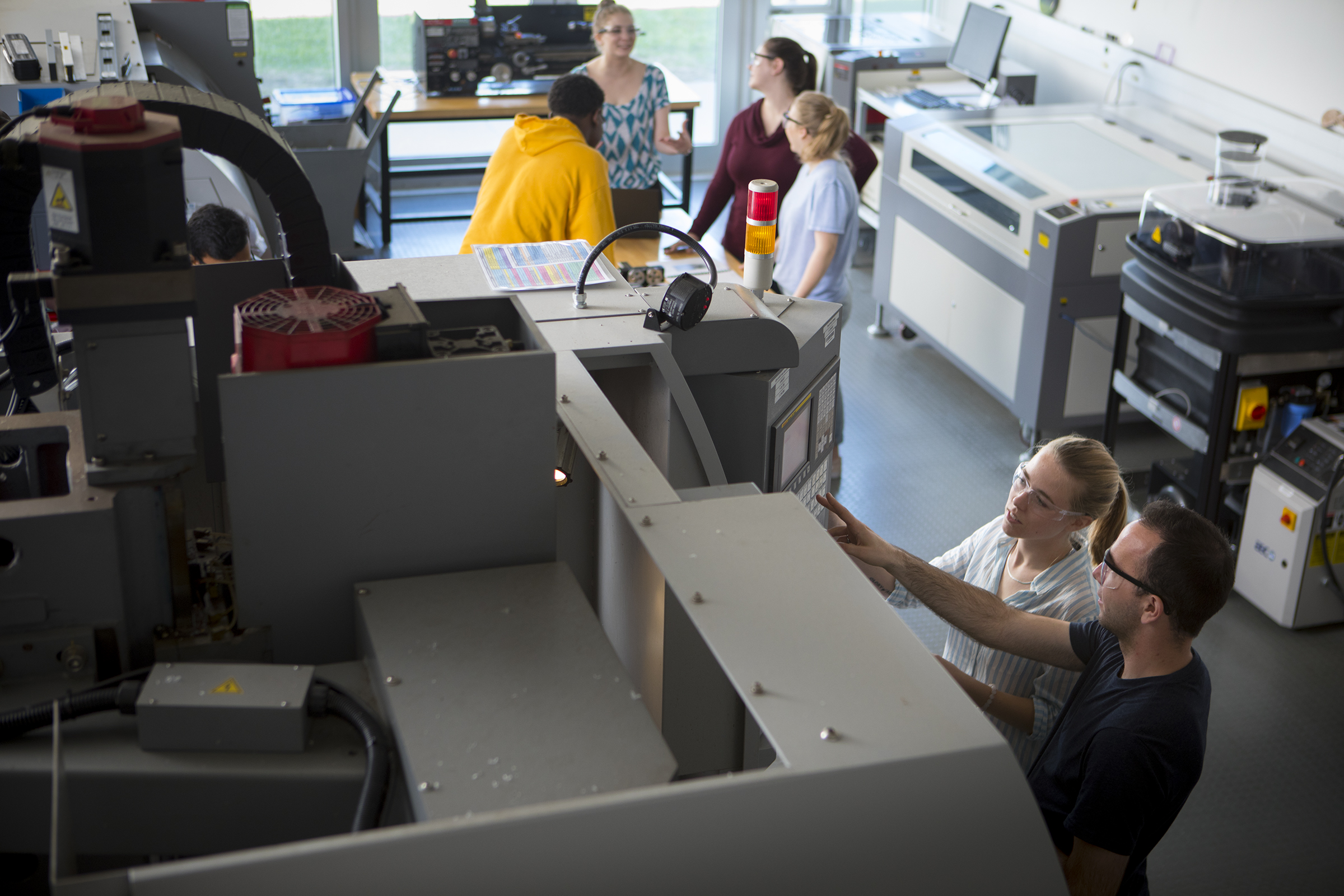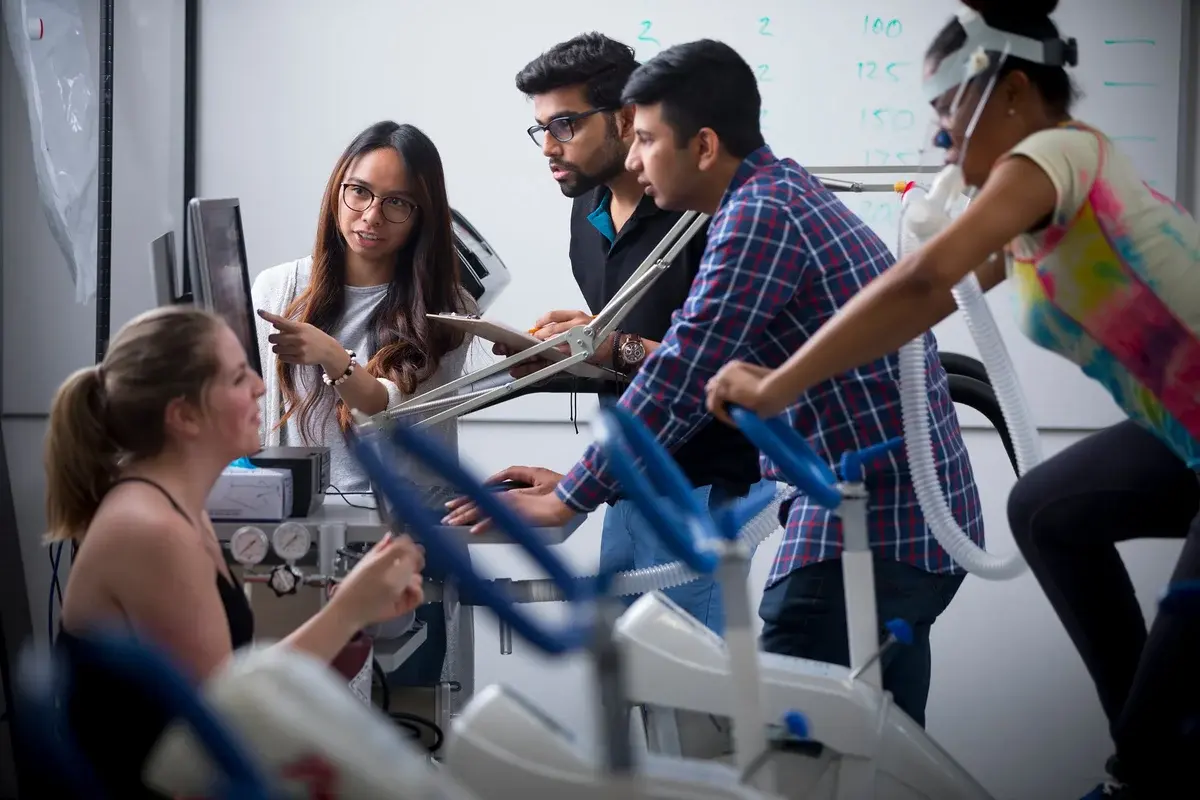So… you’ve decided to study psychology as your undergraduate degree, and you're wondering what the differences are between our Bachelor of Arts (BA) and our Bachelor of Science (BSc) psychology programs? Fortunately, you’ve come to the right place because I’m here to help explain it to you!
Similarities
Before getting into the differences, it’s best to review the similarities between the programs. After all, this will help when it comes to deciding whether the BA or BSc suits you best!
Both programs consistently share the same start date and length of the program. Our psychology programs begin in September and are typically completed in 4 years, or in other words, eight full-course load semesters. As a psychology student, most of your lectures will take place at our Downtown Oshawa Campus.
Of course, with a heavy focus on psychology, both programs allow you to choose a specialization. Various streams include Affective Science and Mental Health or Developmental and Psychological Science. While a specialization is not mandatory, it does allow you to declare an area of concentration that is of interest to you.
Differences
Aside from similarities, there are a couple of differences between the two psychology programs that are important to note. Here are a couple of features that set the two apart from each other!
1. Core concepts
Due to the nature of the degree itself, the BA in Psychology is relevant to students interested in the social, cultural and behavioural aspects of psychology. Have you ever questioned why people often act differently when in groups? How can we be empathetic towards people of different cultures? If yes, then the BA may be the right choice for you.
Taking a social approach to psychology will allow you to examine the complex dynamics of human interactions and behaviours while also gaining a foundation in general psychology.
On the contrary, I recommend our BSc in Psychology if you want to explore a biological and cognitive approach BSc in Psychology. As a student, you'll be encouraged to dissect themes including physiology, neuroscience and so much more!
If you're interested in previewing what courses and electives you could take in either program, check out our course catalogue and peek at the various topics you can explore.
2. Experiential learning opportunities
Another difference between the two programs lies in the various experiential learning opportunities offered to students. In our BA program, you can choose from an experiential work term, internship, practicum, research study or an undergraduate thesis. Hands-on learning paired with a strong foundation in research methods will result in highly marketable skills—precisely what employers are looking for!
In comparison, in our BSc in Psychology program, you'll have the option to apply for an internship or practicum. These desirable skills will be fostered through our modern research facilities. Be sure to check out the Clinical Affective Neuroscience Laboratory for Discovery and Innovation (CANDilab) for cutting-edge technology to assist you. Combined with your knowledge from the program, you'll be in a strong position for work opportunities. Those are just some differences between the Psychology BA and BSc programs we offer at our university. No matter which one you choose, you'll gain a solid background in psychology and hands-on learning experience that will prepare you for your future.
Blog written by: Ayanna Russell
Have more questions about our Psychology programs?









